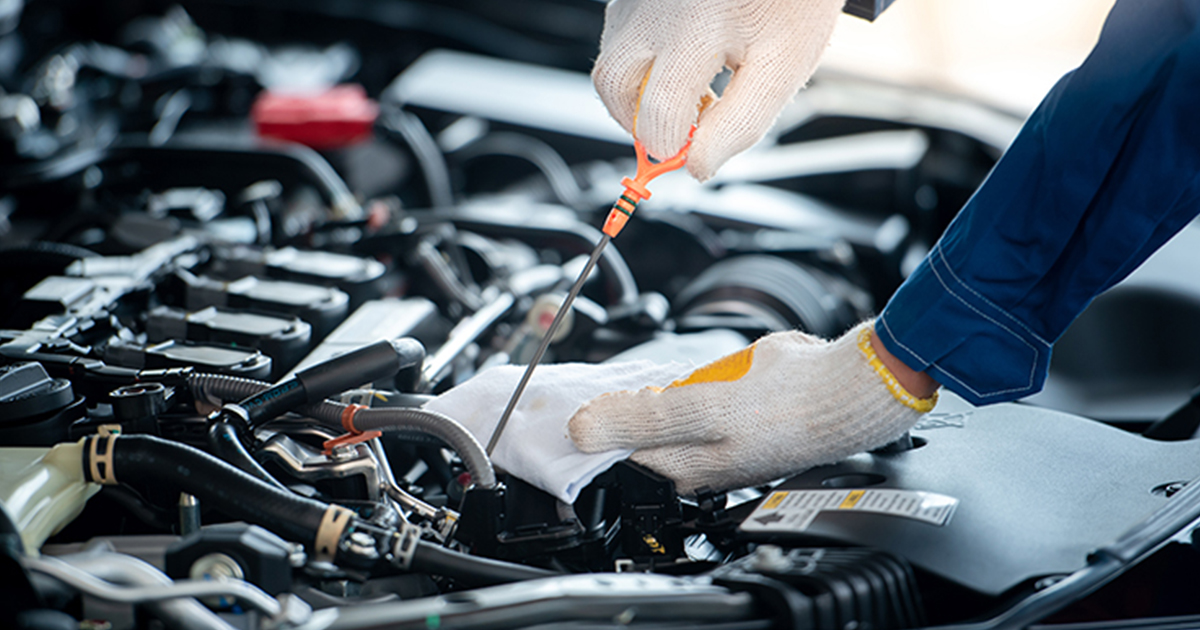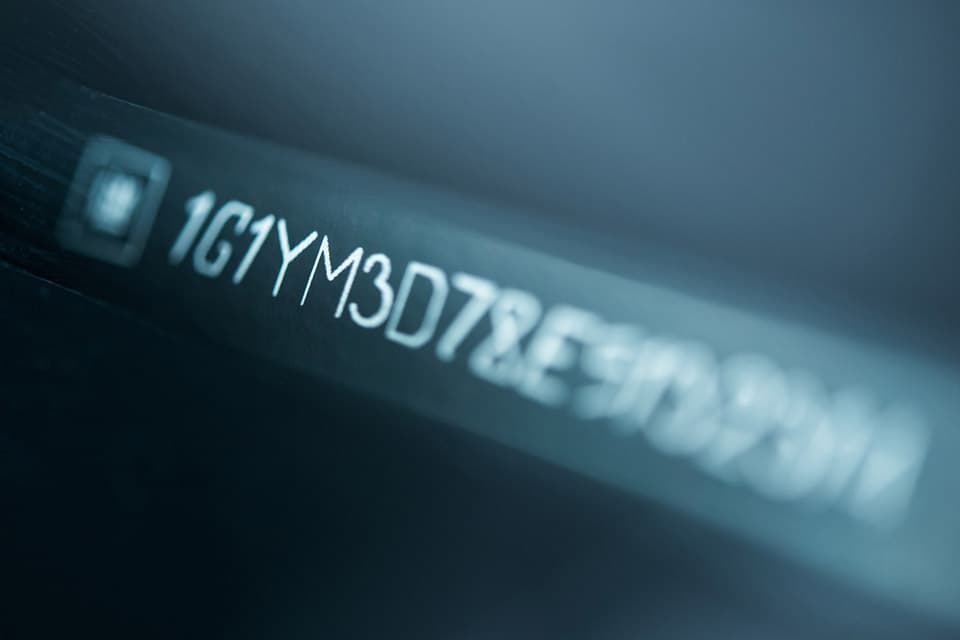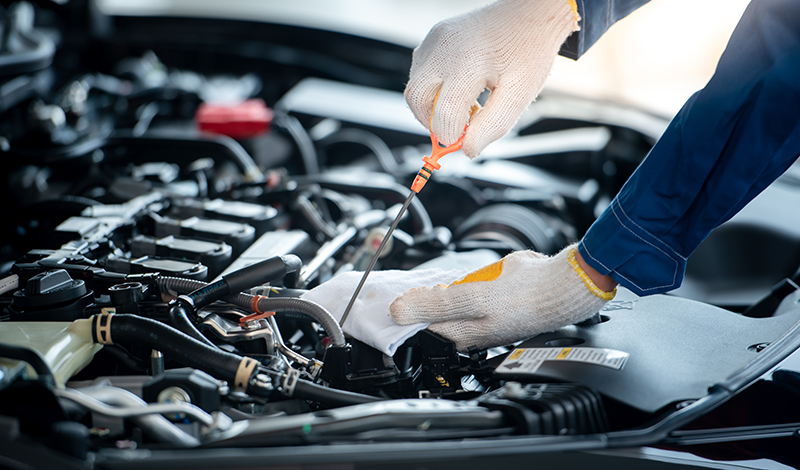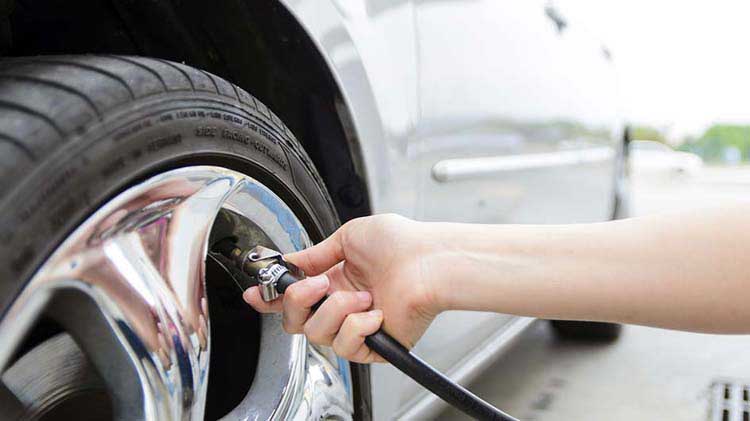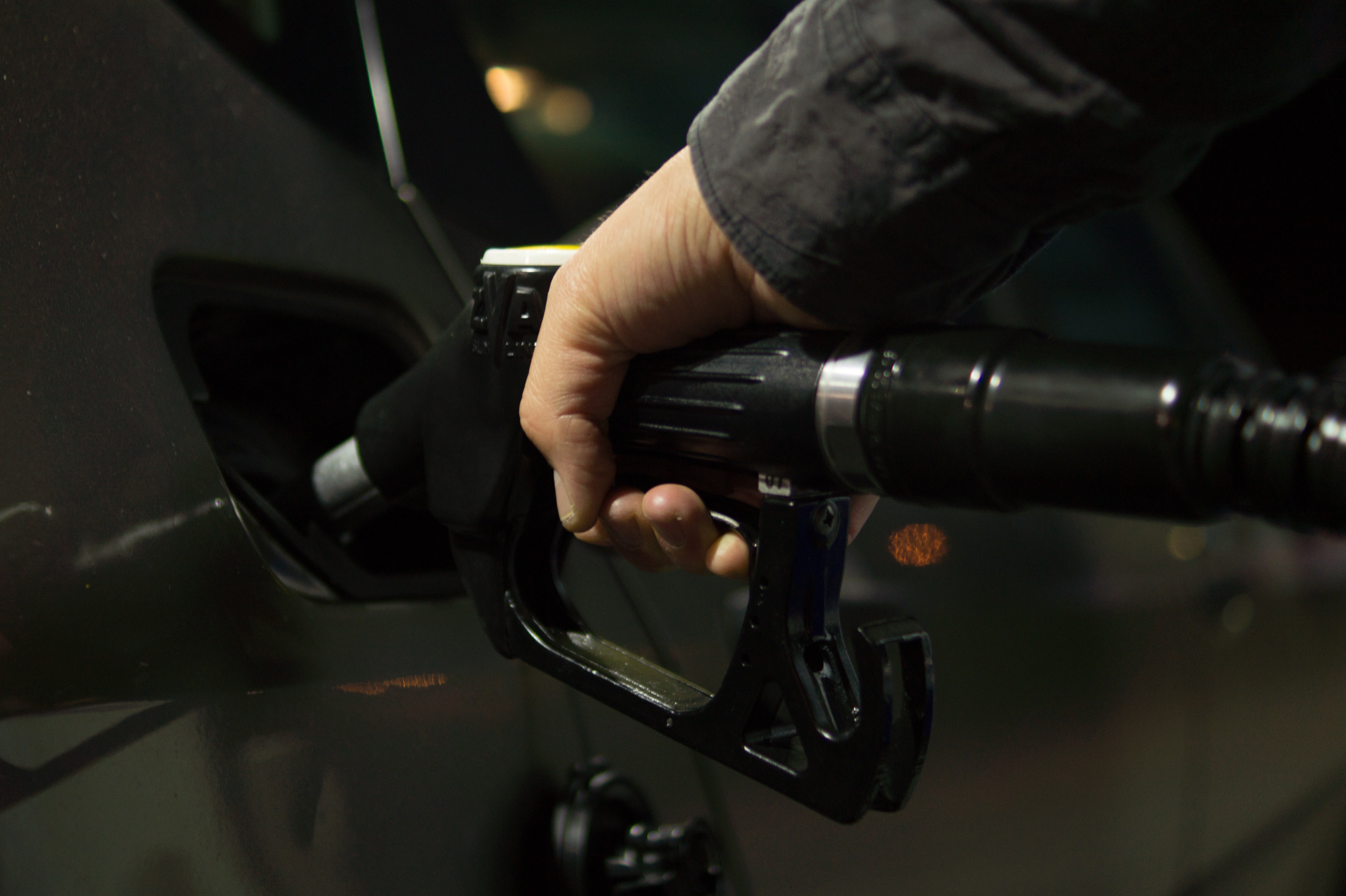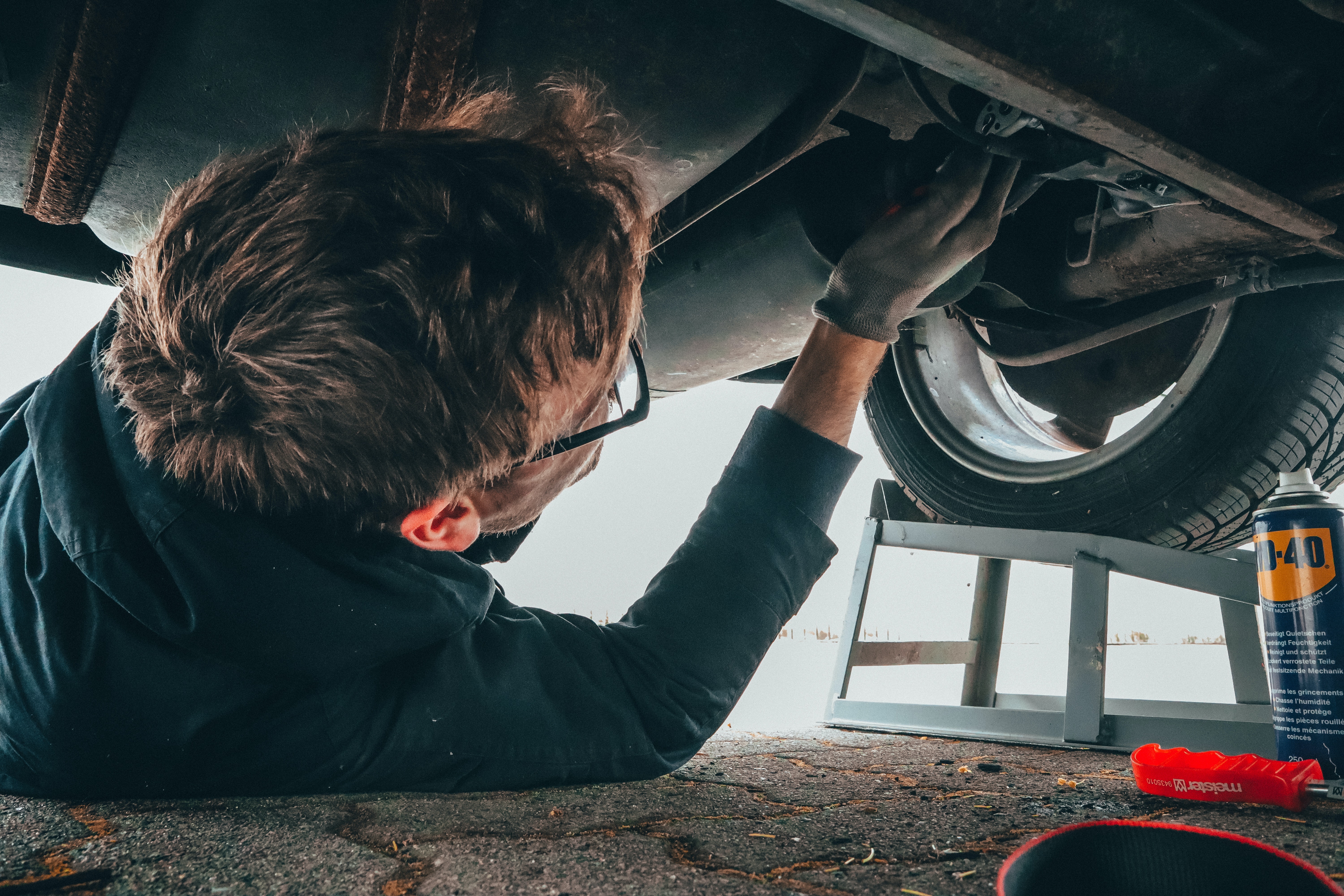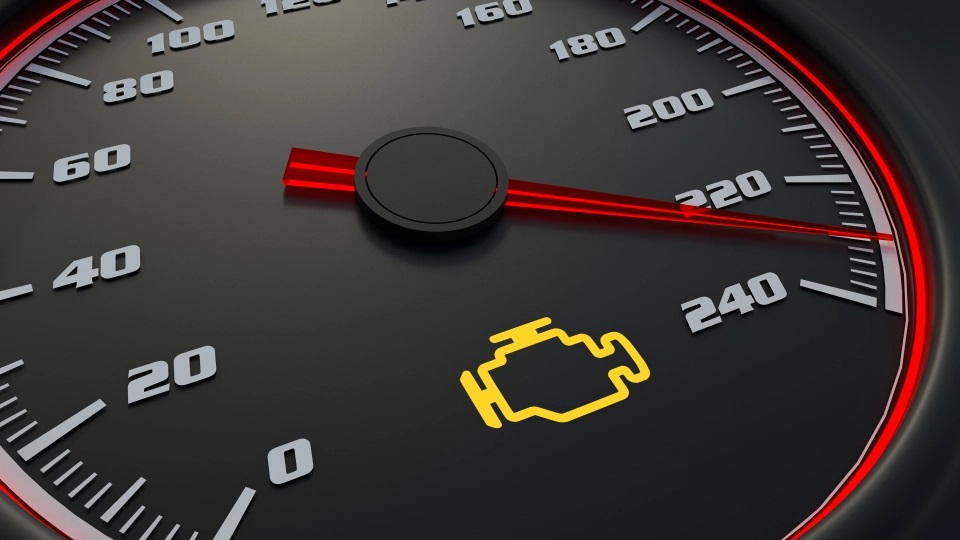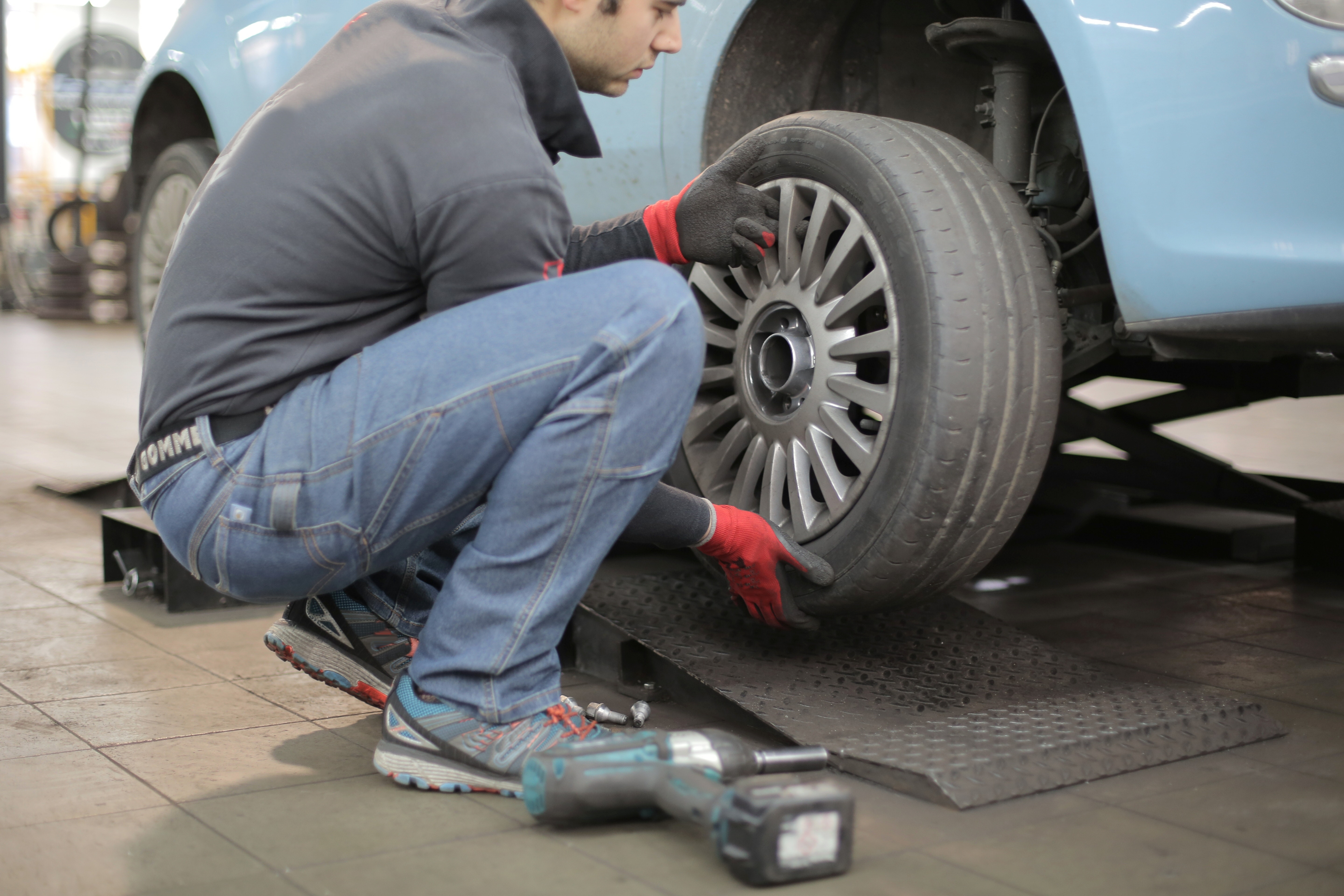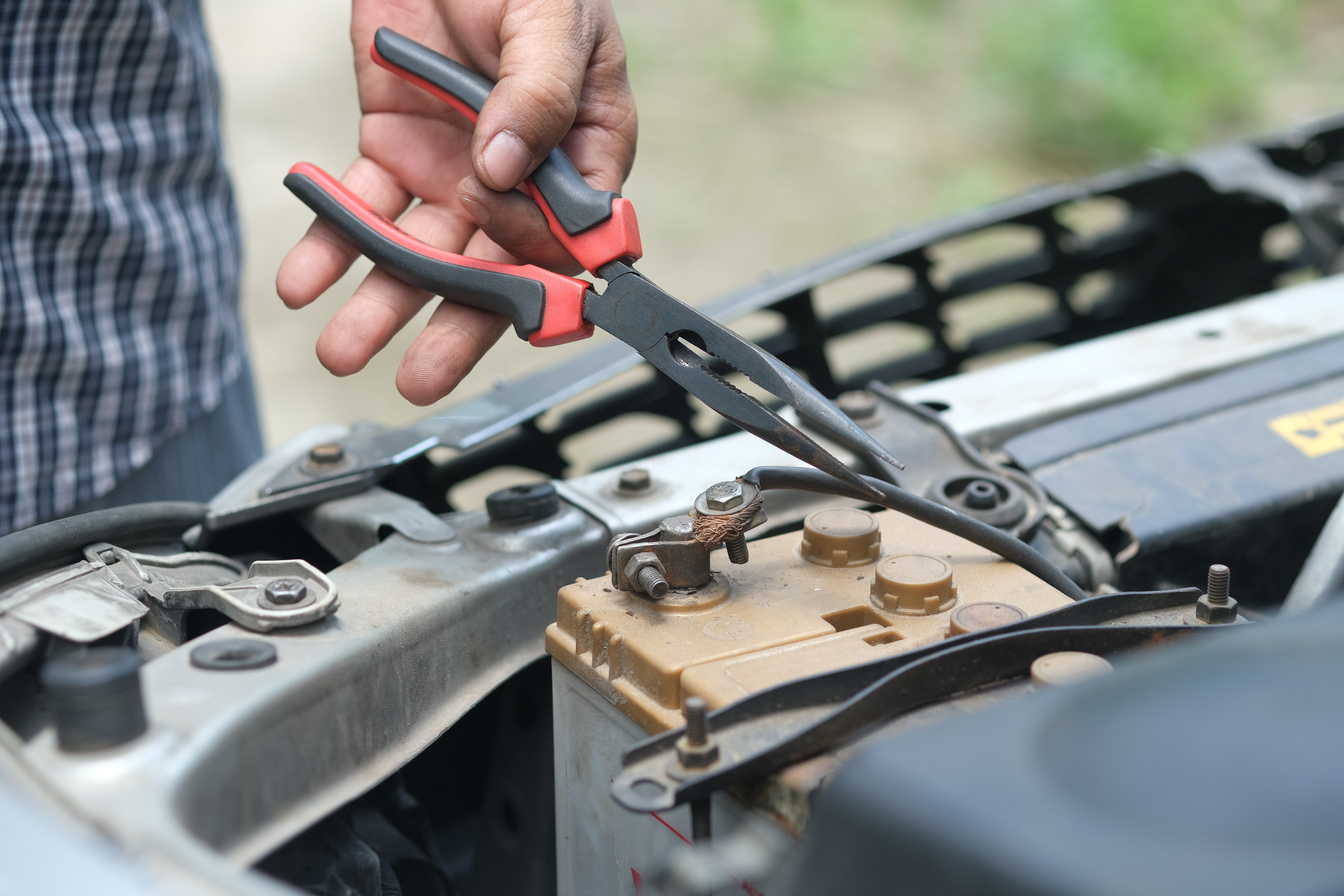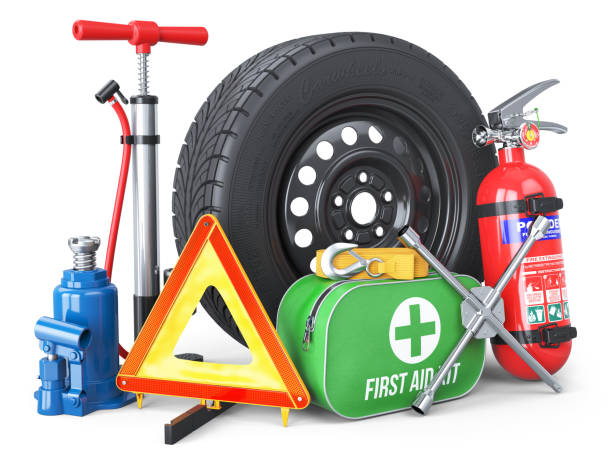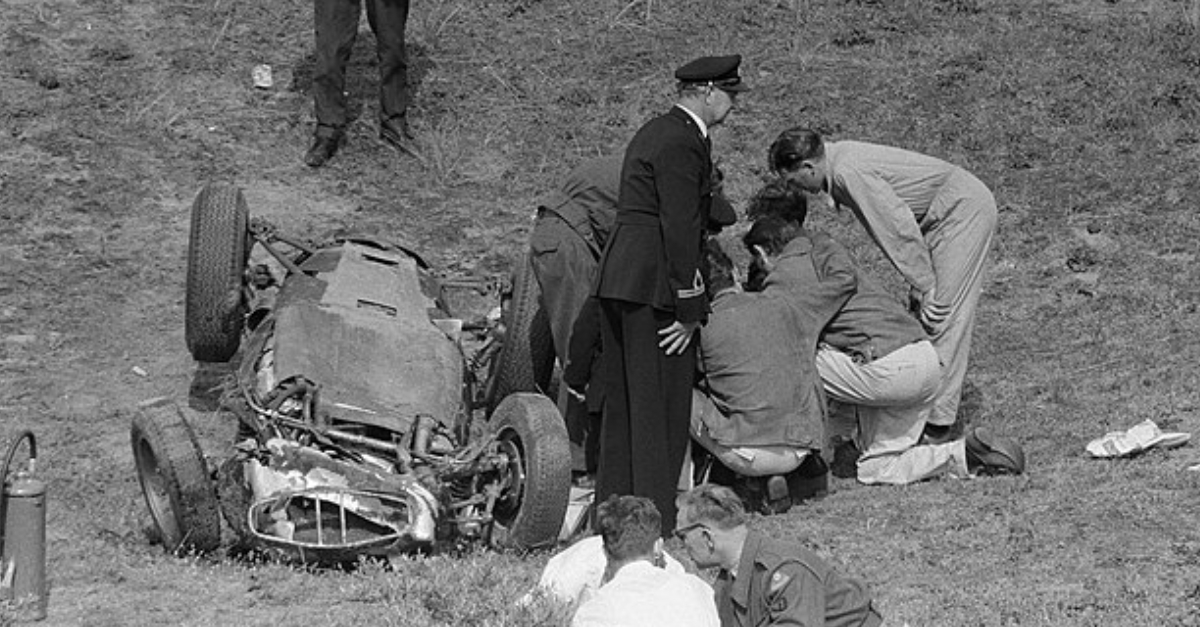10 Essential Things Every New Car Owner Should Know

Embarking on the journey of car ownership is thrilling, but it brings a set of new responsibilities. It's important to understand your vehicle's basics, which not only enhances your driving experience but also prevents unnecessary expenses on repairs or maintenance. From vehicle identification to emergency preparedness, here are 10 things every new car owner should equip themselves with.
1. Vehicle Identification Number (VIN)
Each car has a unique code known as the Vehicle Identification Number, or VIN. It serves as your car's identity card, providing information about its make, model, year, and manufacturing location. Familiarizing yourself with the VIN is crucial as it comes into play for insurance, recalls, registrations, and repair histories.
2. Understanding Your Vehicle's Fluids
Your car relies on several fluids to run smoothly - engine oil, brake fluid, power steering fluid, transmission fluid, and coolant, among others. Learn how to check these fluids, understand their appropriate levels, and recognize their usual colors. By understanding the function of each fluid, you can identify potential problems before they escalate.
3. Tire Pressure and Tread Depth
The health of your car's tires has a significant impact on its performance and your safety. Knowing how to check your car's tire pressure ensures optimal fuel efficiency and handling, while understanding how to check tire tread depth can signal when it's time for new tires, enhancing your safety.
4. The Correct Fuel Type
The type of fuel you use in your car can have serious implications. Your car's manual or the label inside the fuel door specifies the recommended fuel type. Adhering to this recommendation ensures your car's efficient operation and prevents damage.
5. Basic Maintenance Schedule
Regular maintenance is a must to prolong your car's lifespan and keep it performing well. This includes routine tasks like oil changes, tire rotations, brake checks, filter replacements, and more. As a new car owner, it's essential to familiarize yourself with your car's recommended maintenance schedule.
6. Interpreting Dashboard Warning Lights
The dashboard is your car's communication center. Each warning light has a meaning, and knowing what they signify allows you to promptly address potential issues, preventing minor problems from escalating into significant, costly repairs.
7. How to Change a Tire
Despite our best efforts, flat tires can happen unexpectedly. Being able to safely change a tire is a valuable skill that can save you time, money, and stress, especially in emergencies. Equip your car with a good-quality jack, wrench, and spare tire, and learn the correct process.
8. Battery Life and Maintenance
Your car's battery powers everything from the engine to the electronics. It's important to understand your car battery's age and how to maintain it to avoid sudden failures. Most car batteries last about 3-5 years, but this can vary based on usage and climate.
9. Your Car Insurance Details
Get to know the details of your car insurance policy. This includes understanding what's covered, your deductibles, how to file a claim, and your insurer's contact details. Having this information readily available can streamline the claim process if needed.
10. Emergency Kit Essentials
Every car should be equipped with an emergency kit for unexpected situations. At a minimum, this kit should include a first-aid kit, a flashlight, jumper cables, a tire pressure gauge, a multi-tool, bottled water, and non-perishable food items. It's always better to be prepared.
Taking on car ownership is a significant milestone, and these insights will help you navigate it confidently. You'll not only be a more informed car owner, but also a safer, more responsible driver. A well-maintained car leads to a more reliable and satisfying driving experience. So here's to your new journey. Happy driving!

